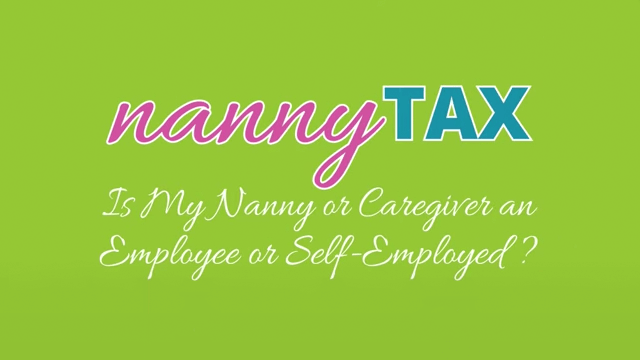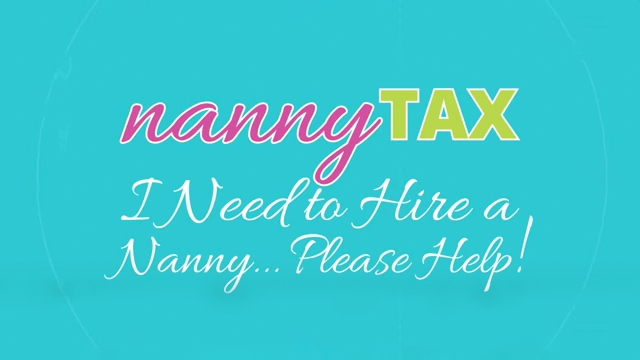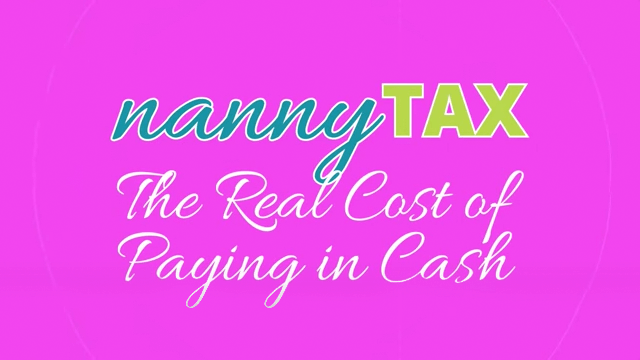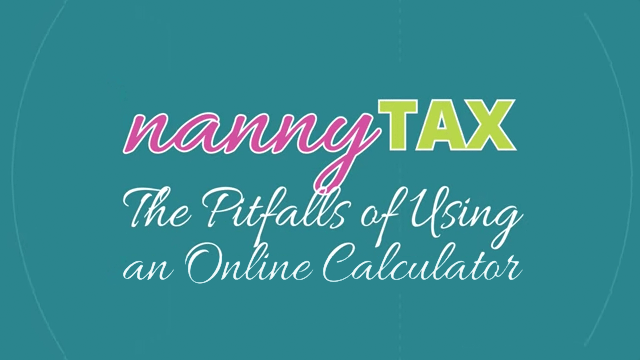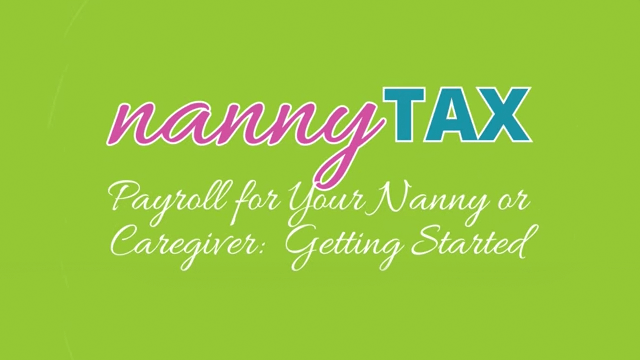
Defining Your Social Bubble to Include Family, Nannies & Caregivers
Many Canadian families are discovering that long-term isolation and social distancing is difficult to sustain. While the benefit of limiting the risks associated with the spread of Covid-19 are well worth the long-term commitments, many families are discovering that they are giving up the emotional and mental health benefits of socialization in the process. This can be particularly hard on young children still developing social skills and the elderly that depend on social stimulation for continued good health.
One solution that many families in North America are considering is a social bubble or pod. Both terms are used interchangeably to describe an extended but controlled social group that functions as an extended family in isolation from the larger community.
In the video below, Elizabeth McGraw, director of the Center for Infectious Disease Dynamics at Penn State in University Park, Pennsylvania, explains the concept of quarantine pods, which allow people to have some outside contact while still limiting the risk of virus transmission.
McGraw explains that limiting the bubble to fewer than 10 people is ideal. She also advises that when possible to socialize outdoors, continue to wear masks, and do not let up on handwashing and sanitary habits.
Gideon Lichfield was recently interviewed on NPR about his guide to negotiating a covid “bubble” published in the MIT Technology Review.
Lichfiled mentions, “Something important and, I think, obvious is when you are in a group of people, and you’re in a bubble together, you have to assume that if one person gets the virus, all of them will. And that means that the group is only as safe as its least safe member.”
Tips for Creating and Maintaining a Social Bubble
Melinda Wenner Moyer provides some excellent insight on the steps you need to take in her recent article for NYT Parenting.
- Choose a family that is as careful as you are.
- Make sure everyone understands who is at high-risk within the bubble you are creating.
- The smaller the pod, the better — pods of two families are best, with 5 to 10 people total.
- Choose a family whose judgment you trust.
- Pick a family that will enrich your family.
All of our sources recommend making the effort to negotiate detailed ground rules. This will require some very personal and possibly awkward conversations.
- The other family may say no, and you need to be okay with that possibility before approaching them. Don’t create a situation that could ruin a friendship.
- Discuss details about daily life and the precautions each family takes.
- Discuss risk factors. Who within the pod may be a front-line worker and at high risk of exposure?
- Discuss commitment. How long do you all want to maintain the pod?
- Discuss the ground rules. What kinds of activities are OK, and what’s off-limits? What might constitute a “breach” in the pod?
Make sure that your caregivers are willing and able to participate. If you have a nanny or a caregiver for an elderly parent that resides in your home, they will also have to be a part of the pod. If your caregivers do not reside in your household, they are the most likely breach of your pod. They come into contact with others outside the bubble you’re trying to establish. You will need to gain their consent and disclose to the other family that you routinely have help from the outside. For those of you that have live-in caregivers, this is much easier because they are already “isolated” with you. You will still need to negotiate with them before approaching another family because it could change the nature of their duties as well as change their circumstances with regard to Covid exposure.
Yes, establishing a social bubble can be tricky, but the benefits for every member of the family are well worth the efforts. Please, remember that good and constant communication with all involved is the key to success.
Feature photo by August de Richelieu from Pexels






